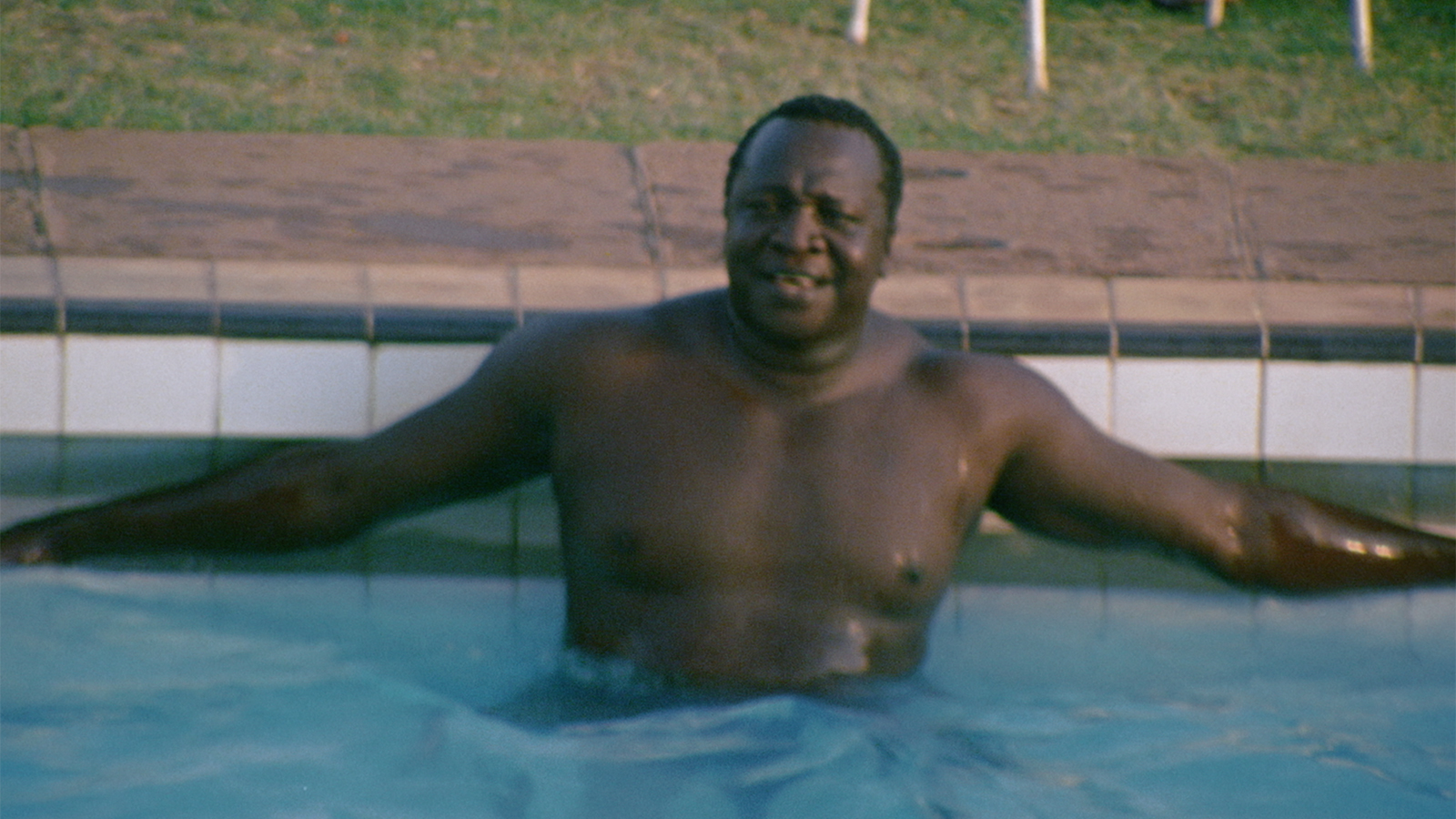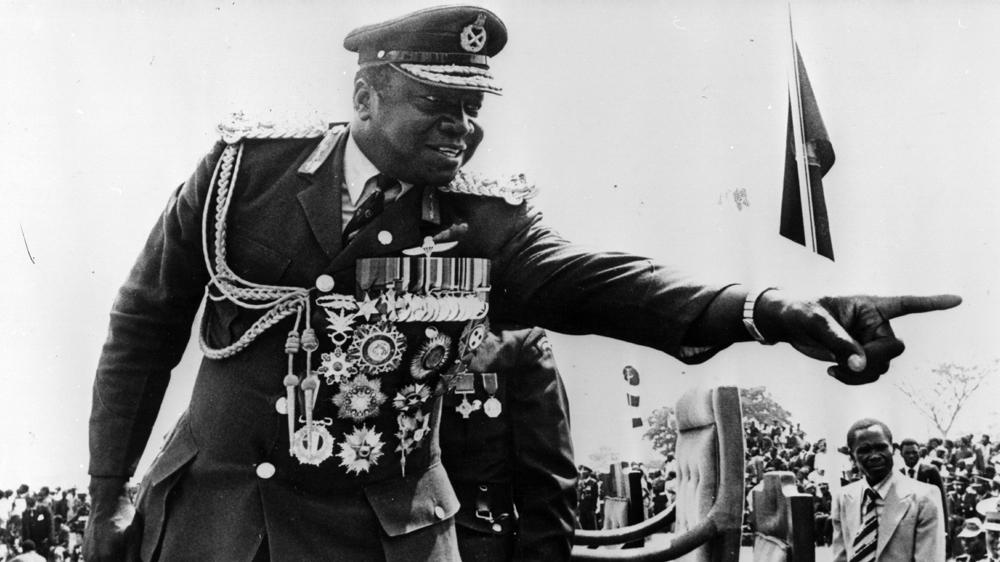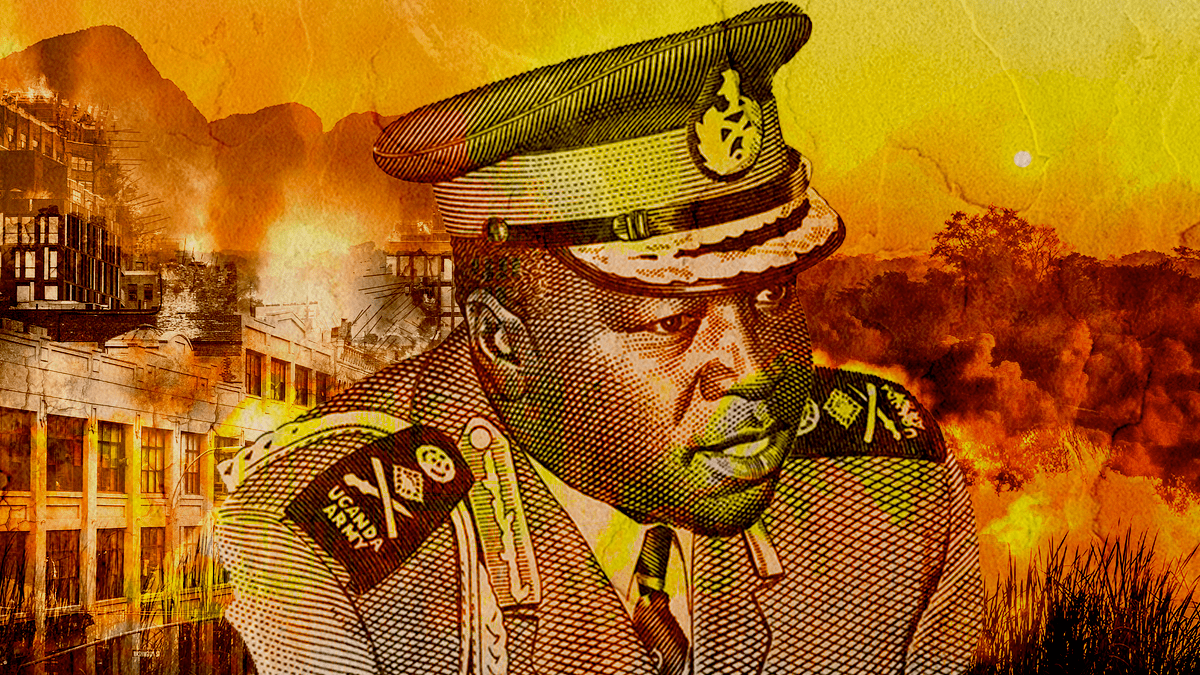Military officer Idi Amin Dada, commonly known as the "Butcher of Uganda," controlled Uganda from 1971 to 1979. He was infamous for his violent and dictatorial leadership during his reign, and there have been numerous claims of extrajudicial killings, torture, and severe violations of human rights. Despite his security forces and soldiers' allegiance, they ultimately turned against him, which resulted in his collapse and subsequent exile.
Unpredictable and erratic behaviour
Soldiers sought to murder Amin for a number of reasons, including his unpredictable and volatile behaviour. Amin was renowned for making rash decisions that frequently endangered the lives of his security personnel and soldiers. Additionally, he had a reputation for taking decisions without consulting his military advisers, which bred unpredictability and instability. Due to this unpredictability, his soldiers struggled to adequately prepare and perform their jobs, which caused irritation and unhappiness.
Poor treatment of soldiers
Amin was notoriously stingy when it came to paying his soldiers and giving them enough supplies. Numerous soldiers lamented their miserable living circumstances and the scarcity of necessities like food and medicine. Amin was also renowned for favoring some soldiers, creating discontent and hostility within the ranks. Amin had a propensity of killing soldiers who he thought were unfaithful or a threat to his authority, which exacerbated these frustrations.
Did you read this?

Corrupt practices
Amin was also notorious for his corrupt practices, which siphoned resources away from the military and into his own personal accounts. This created a culture of mistrust and suspicion among the soldiers, who felt that their sacrifices and hard work were not being recognized or rewarded. Additionally, Amin's corrupt practices created a sense of disillusionment among the soldiers, who began to question the legitimacy of his regime and their role in it.
Brutal treatment of civilians
Perhaps the most significant reason why soldiers wanted to kill Amin was his brutal treatment of civilians. Amin's regime was responsible for the deaths of an estimated 300,000 Ugandans, many of whom were innocent civilians. His security forces were notorious for their use of torture, extrajudicial killings, and arbitrary detention, which created a climate of fear and terror. This brutality extended to soldiers who refused to carry out orders to execute civilians, leading to a sense of moral outrage and disgust among the ranks.

Growing opposition to his regime
Finally, it is important to note that soldiers were not the only ones who wanted to kill Amin. By the late 1970s, there was growing opposition to his regime from various sectors of Ugandan society, including religious leaders, intellectuals, and politicians. Amin's brutal tactics created a sense of resentment and anger among the populace, which fueled the opposition movement. As the opposition grew, soldiers began to defect from Amin's regime, further weakening his hold on power.












